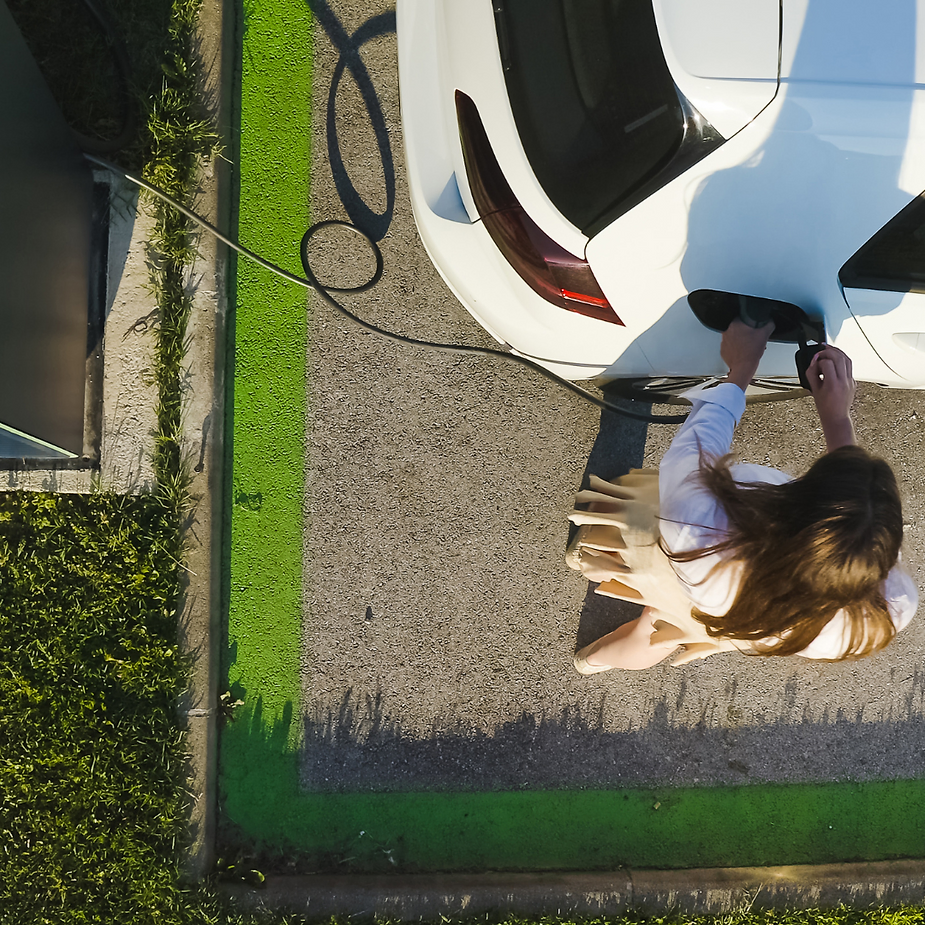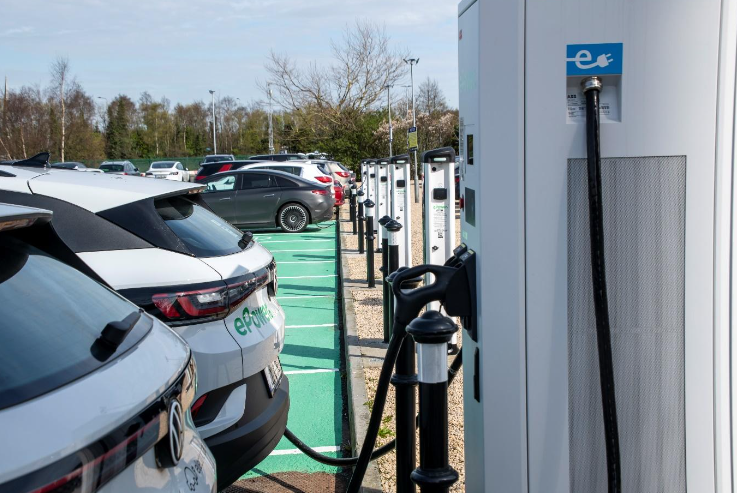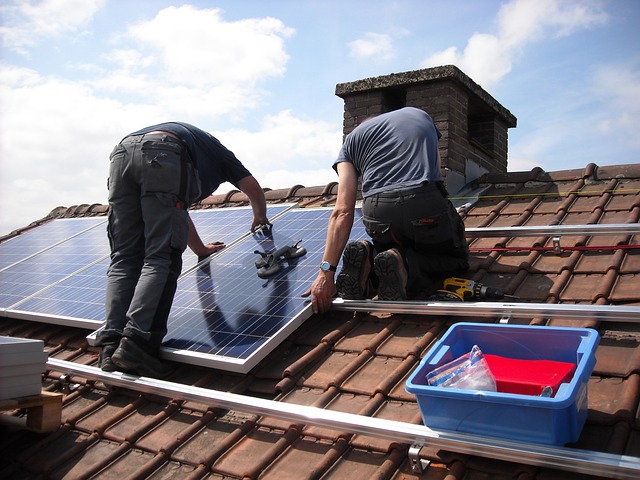
Overview of Public EV Charging in Ireland
Ireland’s commitment to a more eco-friendly future is reflected in the significant strides it has made in developing its public EV charging infrastructure. This growth is in tandem with the increasing adoption of electric vehicles in the country however we still have a long way to go before we meet targets that have been set by the government.
Growth in Electric Vehicle Adoption
The number of electric vehicles in Ireland has seen a remarkable increase over the past five years. In 2022, the registration of electric-only vehicles soared by 81% compared to the previous year, with 15,462 new electric cars licensed. This was a significant jump from 8,554 in 2021, 3,940 in 2020, and even more so from the 1,222 in 2018 and 623 in 2017. This surge in EV adoption underscores the growing need for a comprehensive and accessible charging network.
Current Charging Infrastructure Focus
While approximately 80% of EV charging is done at home, the strategy emphasises the expansion of publicly funded charging infrastructure for electric cars and light-duty vehicles to accommodate the growing demand as EV adoption increases.
Four Main Categories of Charging Infrastructure
The strategy details four key areas of charging infrastructure development:
- Home/apartment charging
- Residential neighbourhood charging
- Destination charging (e.g., sports clubs, retail centres, tourism spots)
- Motorway/en-route charging
This approach is designed to support the diverse needs of EV users and to ensure the feasibility of transitioning to electric vehicles across Ireland. The focus on a comprehensive and accessible charging network reflects the government’s commitment to reducing carbon emissions and promoting sustainable transportation.
Government’s Investment and Strategy
The Irish government has committed to investing €515 million in electric vehicle infrastructure by 2030. Moreover, under the Electric Vehicles Charging Infrastructure Strategy 2022 – 2025, an additional €100 million will be spent on public charging infrastructure over three years. This plan aims to establish a national EV charging network with high-powered chargers every 60 km on motorways and includes home/apartment charging, residential neighbourhood charging, destination charging, and en-route charging.
The Road Ahead for EV charging
While there has been notable progress in developing the EV charging network in Ireland, the growth in EV adoption indicates an increasing demand for more extensive infrastructure. The government’s proactive approach, backed by substantial investment and strategic planning, aims to address these demands, ultimately facilitating a smoother transition to electric vehicles across the country.
Challenges with Relying Solely on Public Charging Stations
Dependence on public charging stations comes with its own set of challenges. Long queues, the unpredictability of station availability, and varied charging speeds can turn simple trips into time-consuming endeavours. This unpredictability can particularly affect those with daily long commutes or those undertaking longer journeys across Ireland.
Benefits of Having a Home Charger
Owning a home charger puts the control back in the hands of the EV owner. The convenience of charging your vehicle overnight, the assurance of always having a ‘full tank’, and the cost savings over time make home charging an attractive option. Additionally, pairing home charging with renewable energy sources can further reduce the environmental impact of EVs.
Types of Home Chargers and What to Consider
When considering a home charger, it’s important to understand the options. Level 1 chargers are standard, but Level 2 chargers offer faster charging times. Key considerations include compatibility with your vehicle, charging speed, and installation requirements. Each type has its benefits and limitations, which should be matched with the owner’s lifestyle.
Government Incentives and Support for Home Chargers in Ireland
The Irish government offers various incentives for EV owners to install home chargers, including grants and tax rebates. These initiatives are designed to encourage EV adoption and make the transition smoother for new EV owners. Information on these incentives can be found on the Sustainable Energy Authority of Ireland (SEAI) website, offering a wealth of resources for potential applicants.
Installation Process and Best Practices for Home Charging
Installing a home charger should be done by a professional to ensure safety and compliance with regulations. Regular maintenance checks are also advised to ensure the charger remains in optimal condition. Safety should always be a priority, and owners should follow the manufacturer’s guidelines for both installation and usage.
Conclusion
The landscape of EV charging in Ireland is evolving, with home charging solutions playing an increasingly vital role. For those considering or already owning an EV, installing a home charger is a step towards convenience, reliability, and a sustainable future. Explore your options and take a step towards efficient EV charging by visiting our website for more information and services.
References and Additional Resources
For more detailed information on EV charging in Ireland and available government incentives, visit the Sustainable Energy Authority of Ireland (SEAI) website. For a comprehensive guide on choosing and installing home EV chargers, ePower offers expert advice and services tailored to your needs.




